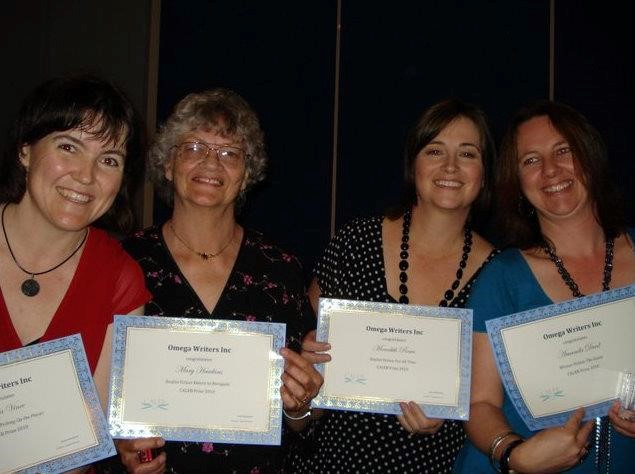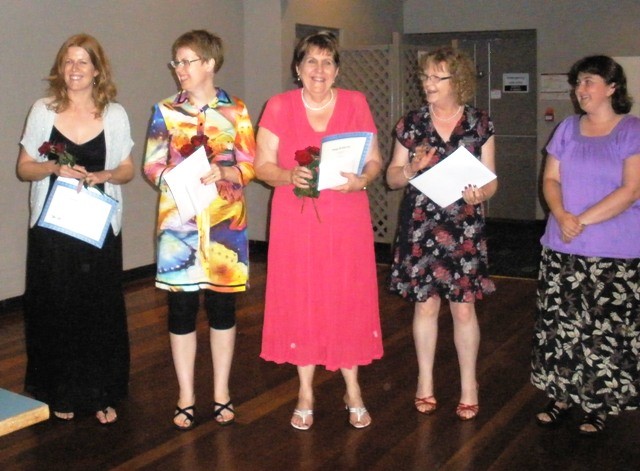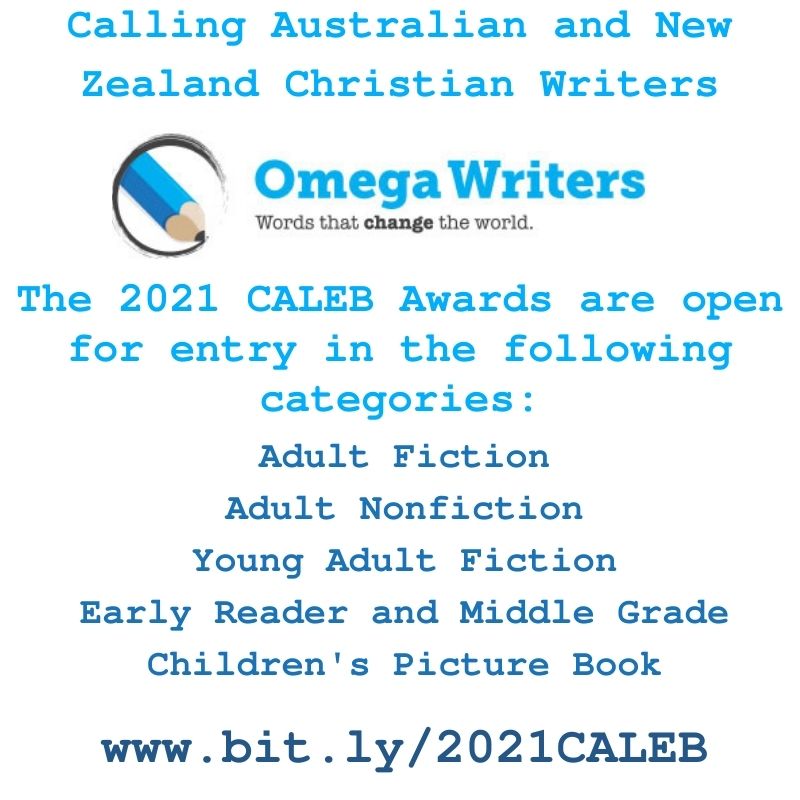by Mazzy Adams.
Having exhausted and discarded several ideas to blog about over recent weeks, and having left it to the last minute to actually pray about a potential subject for today's blog post, I woke about 4:00am yesterday with a single word on my mind.
~ BALANCE ~
(Image by JackieLou DL from Pixabay)
To be fair, I had no clue how I should expand on this word or topic but, as I reached for my trusty bedside notebook to write it down, a little ditty came to mind—one I’d composed years ago to help my (then) primary school-aged daughter remember a definition for a science exam.
🎶Balance is the process of achieving stability by attempting to equalise the forces that act upon or influence a system.🎶
Having since studied poetry, I now recognise how the natural rhythms arising from those words and their order created an inherent lyrical quality. Twenty-odd years later, both my daughter and I remember the definition and the melody. But, apart from patting myself on the back and thanking God that I’d remembered the definition, even as I wrote this, I had no clue what came next. It seemed, for the purpose of this blog, I’d joined the annals of the Pantser Brigade—that is, I was writing by the seat of my pants whilst balancing on a flexible moving platform.

Now, while going unprepared into an exam is generally a bad idea—hence the creation of the aforementioned ditty—there is a place for spontaneity in writing. Those who regularly journal testify to its therapeutic qualities. When the forces that act upon or influence our systems become overwhelming, sometimes you just gotta toss those racing, warring, wrestling, confusing, unmanageable thoughts outta your brain and onto a page to achieve stability.
Some of my favourite poems have emerged from frazzled attempts to restore my mental equilibrium this way. This one, penned while trying to wrap my head around a tertiary ethics and logic subject, was published in Tales from the Upper Room, 2014.
On the Ethics and Logic of Writing
It’s wrong to write about writing when righting a wrong
is the right kind of writing to write,
But righting a wrong is the right kind of writing to write
when your writing is righting a wrong!
Whether righting a wrong or writing to write
it is right to be writing or righting, alright?
So I’ll write to right wrongs and I’ll write to write right
because writing and righting’s been right all along.
Is that alright?
As I said to my lecturer at the time, the bees buzzing around my brain had cross-pollinated my subjects. To which comment he graciously replied, ‘I wish I had some of those bees.’ At the time, balancing my need to write an intelligible essay response for an assignment by taking a little time out for creative fun reestablished the equilibrium I needed to achieve desirable results in both.
(Image by Mazzy Adams)
When one has placed writing—or any other task for that matter—on the scales of personal responsibility, a certain weightiness attaches itself to the task. Like a tightrope walker negotiating a chasm, the gap between handling the task, and being overwhelmed by it can leave us teetering precariously on the brink of a tumble. When life brings unexpected events, responsibilities, or burdens our way—imagine a flock of birds randomly choosing to settle on one side of a tightrope walker’s balancing pole—our best efforts to ‘equalise the forces’ may fail catastrophically.
In my strategic plan for this year, I’d hoped to publish my novel on the 12th of February. After all, for an Aussie author, on paper it looked like a perfectly balanced release date:
12022021
Neither my best intentions, nor my attempts to equalise the forces acting upon or influencing my system came close to achieving the desired result, let alone stability. My initial response was to stress over my failure to achieve according to my plan which, of course, acted like a lead weight dragging me further down into an unproductive cycle. While I can be a positive force for good, I can also allow negativity to gain the upper hand.
But here’s the thing: As a Christian believer who chooses to write in obedience to God’s call, I’m not the only force at work in this equation. At the Holy Spirit’s gentle prompting, I sensed God had other priorities, and processes, and writing tasks, in mind for me over the last few months and, as I’ve attended to them first, I’ve enjoyed the responsive and strengthening input of other believers into my life and I’ve found peace and stability returning to my days and ways.
More than that, I’ve discovered a powerful truth afresh, that God’s strength truly is made perfect in my weakness. He is the ultimate Force who acts upon and influences every system for the good of those who love him and are called according to his purpose, which is to bring everyone who chooses to come, into his family. It is that goal which motivates my efforts to write and publish.
There are certainly forces working to destabilise us—I recently read a timely warning about the dangers of doomscrolling, that is, falling into the trap of scrolling through one bad news report after another under the guise of staying informed. With so many conflicted and destabilising messages poised to weigh us down to the ground, now more than ever we need to seek and write and publish positive messages to counterbalance the doom and gloom. Considering the whole universe pushes and pulls according to laws of physics that God established, it stands to reason that inviting Him to weigh in on our daily activities will go a long way towards creating balance, equilibrium, harmony, and progress in our lives.
What ideas and habits have you discovered that create a place of balance and stability which promotes your creativity and productivity?
Mazzy Adams is a published author of poetry, fiction, and creative non-fiction. She has a passion for words, pictures, and the positive potential in people.
Website: www.mazzyadams.com
Email: maz@mazzyadams.com



























